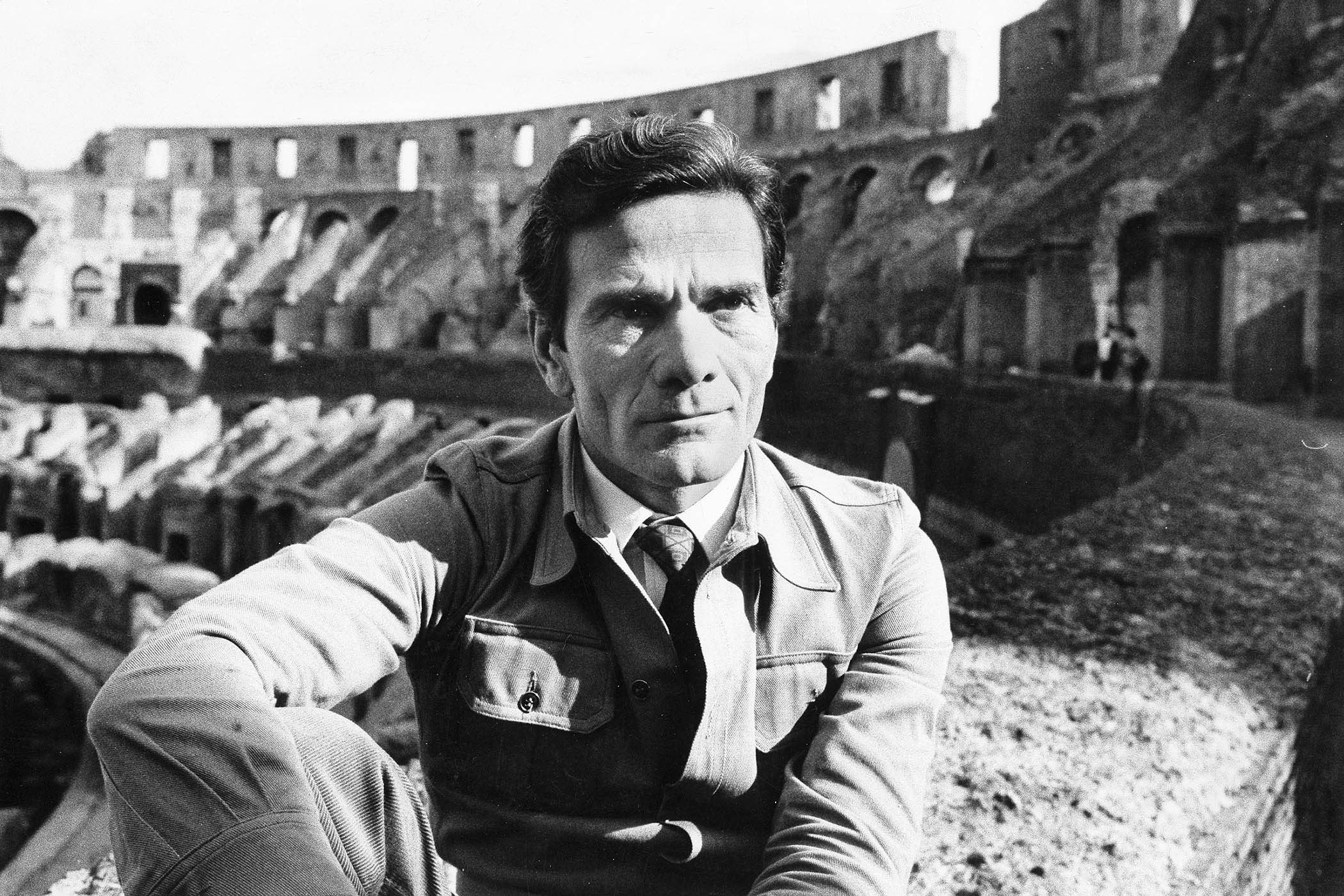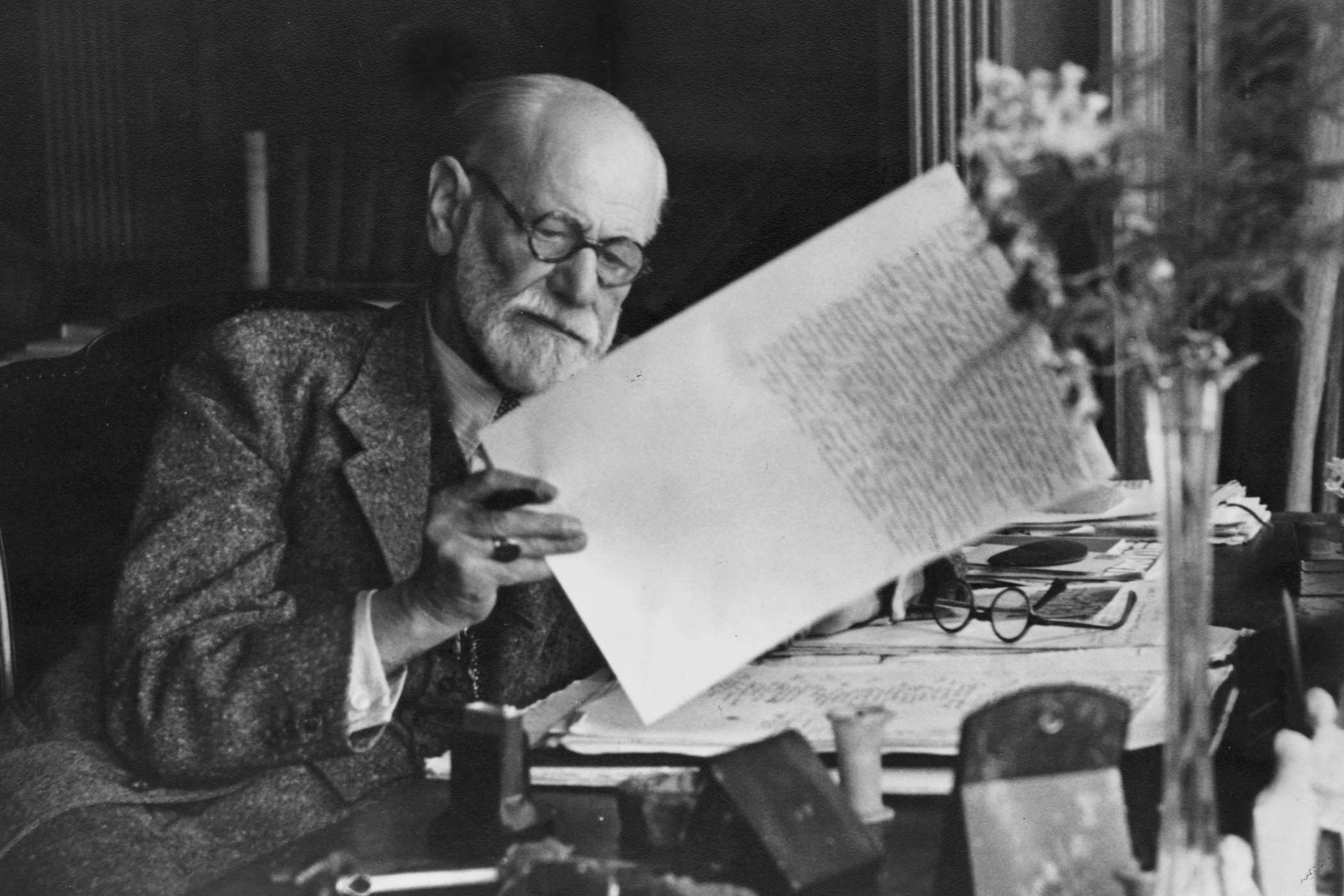In November 1975, the Italian film director Pier Paolo Pasolini was abducted, beaten and murdered on a beach on the outskirts of Rome. Pasolini, at 53, had just finished what would be his final film, the outrageously depraved Salò, or The 120 Days of Sodom, and had earned enemies speaking out against the far right in Italy. His unsolved murder, possibly linked to missing film reels from Salò that were never recovered, is prime true-crime fodder for armchair detectives. But instead, the second novel by Olivia Laing directs our attention to imagined events taking place off-camera, and to those watching in the wings as history is committed to celluloid.
As a section at the back of the book titled “Truth Status” makes clear, The Silver Book is a fiction spun from real history. It is partly the story of Danilo Donati, an Italian costume designer who was working on Salò at the same time as Federico Fellini’s Casanova. Laing imagines Danilo picking up a stray, red-haired young man named Nicholas who he spots sketching on the steps of Venice’s San Vidal church. Nicholas is trying to outrun the ghost of a dead man who is haunting him. He has landed in Venice hoping that it is “the place to dissolve completely, to emerge changed, or to not emerge at all”.
Nicholas comes with Danilo to Rome; an extra pair of hands in his costume factory where illusions and trickery turn old curtains into exquisite sleeve ruffles, broken mothballs into a hail storm, and chocolate and marmalade into realistic turds. Directed by his new lover, Nicholas revels in his appetites: whether for sex, as Danilo “rolls him over and opens him like a peach”, or food, in the lavish Italian feasts that mark the changing seasons. One memorable description of the preparation behind a six-course New Year’s Eve meal thrown in honour of Pasolini features a skinned hare, pork mince stuffed into trotters with a “fat silver needle” and a Caravaggio-inspired table of red candles and dried fruit: a “red cave of friendship, candlelit, liquid at the edges”. Laing has such a gift for capturing these kinds of shimmering details that at times it is hard not to feel – like Nicholas, newly arrived in “a world so saturated with decoration” – overwhelmed as reels of images flicker past without time for them to soak in.
Laing directs our attention to events taking place off-camera, to those watching in the wings
Laing directs our attention to events taking place off-camera, to those watching in the wings
Pasolini spoke of “the mark” that dominated all of his work as a “sense of exclusion, which doesn’t lessen but augments this love of life”. That sense of exclusion is a familiar theme for Laing, a great chronicler of male genius, sexuality, loneliness and madness, whose essay subjects have included David Wojnarowicz, Andy Warhol, F Scott Fitzgerald, Jean-Michel Basquiat and Klaus Nomi. What is most striking in The Silver Book is the voyeurism of outsiders who watch on longingly; how this sense of exclusion marks the cast of misfits who are thrown together to build the worlds of film sets, and then disperse as strangers after they break these worlds down.
The fated end for Pasolini does not prove to be the cinematic flourish the book seems to be leading up to; instead, it happens off-screen. If a little anti-climactic, this does allow Laing to cleverly turn the camera elsewhere and consider how his death reverberates around the people who loved him, and how his persecution encourages their silence. As Danilo bitterly asks: “Who killed Pasolini? I will tell you. Everyone.”
The Silver Book by Olivia Laing is published by Hamish Hamilton (£20). Order a copy from The Observer Shop for £17. Delivery charges may apply
Editor’s note: our recommendations are chosen independently by our journalists. The Observer may earn a small commission if a reader clicks a link and purchases a recommended product. This revenue helps support Observer journalism
Photograph of Pier Paolo Pasolini in Rome, 1970: Rudolf Dietrich/ Ullstein Bild via Getty Images
Newsletters
Choose the newsletters you want to receive
View more
For information about how The Observer protects your data, read our Privacy Policy



